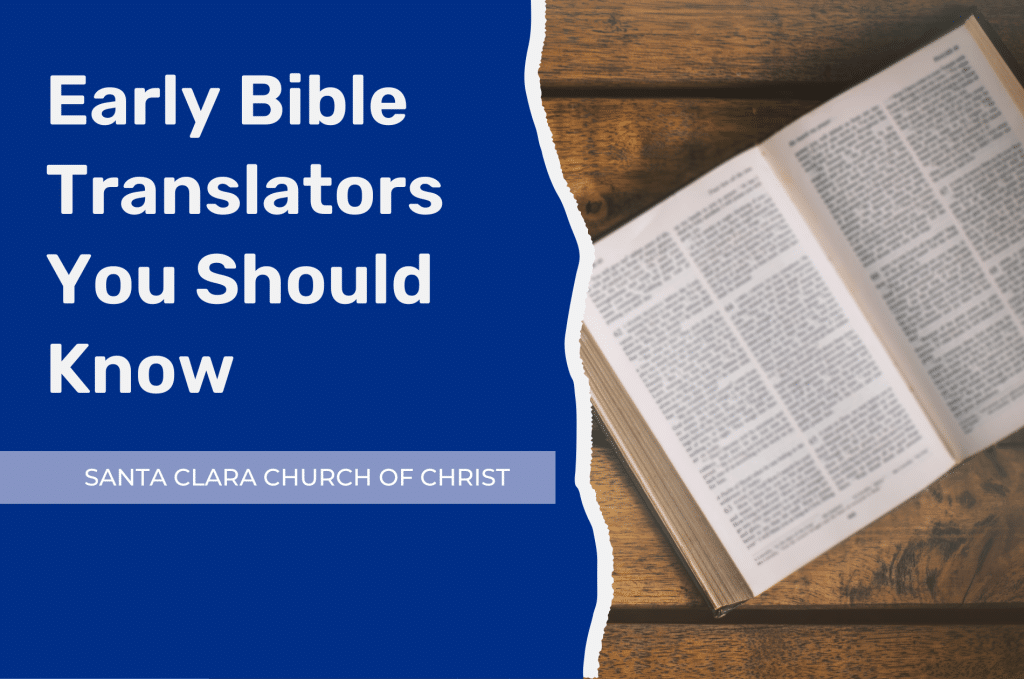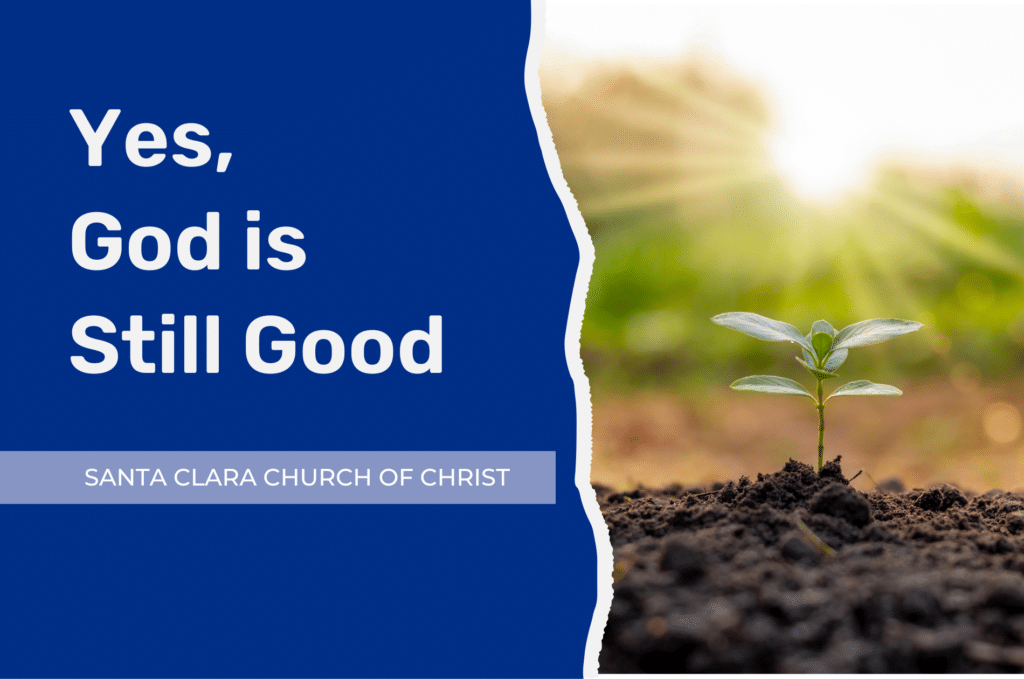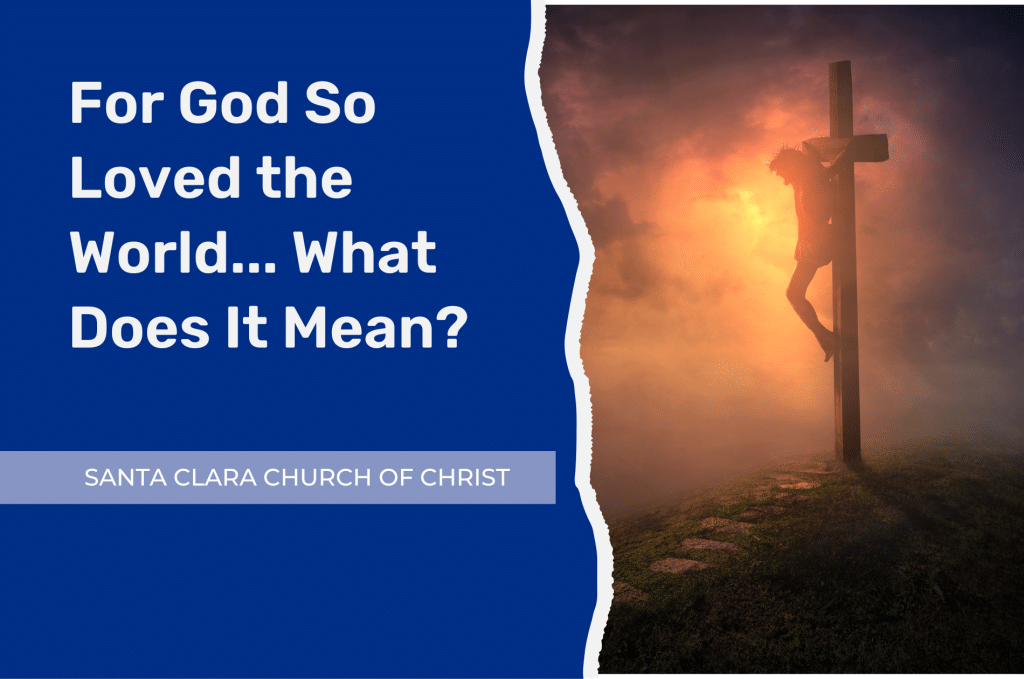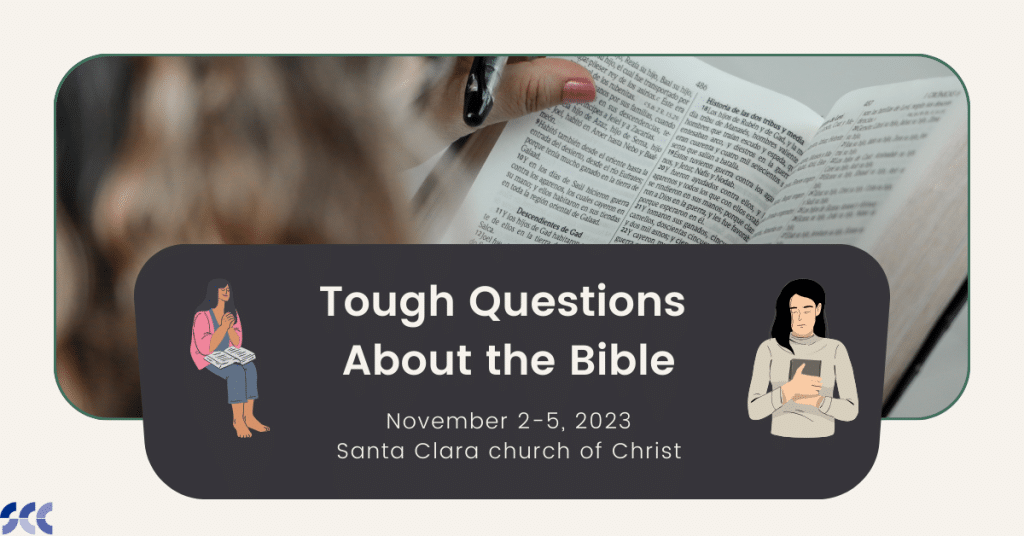On April 4, 1519 in Coventry, England, six people were burned at the stake for teaching their children the “Lord’s prayer” and the Ten Commandments in English. Several events, however, would spiral out of control, and within a generation the masses would have legal access to the Bible in their own language.
The Gutenberg Press
In some ways, an important event in the preceding century had already paved the way. With Johannes Gutenberg and the “printing press” revolution of the 15th century, hand-written manuscripts gave way to mass-produced printed books. In 1455, about 180 copies of Gutenberg’s 42-line, Latin Vulgate Bible were printed. In 1999, the A&E Network ranked Gutenberg the #1 person of influence in the second millennium. Few people know of his personal dream for this new invention:
“God suffers in the multitude of souls whom His holy word cannot reach. Religious truth is imprisoned in a small number of manuscript books, which confine instead of spreading the public treasure. Let us break the seal which seals up holy things, and give wings to truth, in order that she may go and win every soul that comes into this world, by her word, no longer written at great expense by a hand easily palsied, but multiplied like the wind by an untiring machine.
“Yes, it is a press, certainly, but a press from which shall soon flow, in inexhaustible streams, the most abundant and most marvelous liquor that has ever flowed to relieve the thirst of men! Through it, God will spread His word. A spring of pure truth shall flow from it; like a new star it shall scatter the darkness of ignorance, and cause a light heretofore unknown to shine amongst men.”
Erasmus
Erasmus of Rotterdam was a prominent humanist and scholar who in the early 16th century produced an edition of the Greek text that Luther and Tyndale used in their famous translations. Theologically, he sought to reform the Roman Catholic Church, but only from the inside as a committed Catholic. A contemporary said, “Erasmus laid the egg that Luther hatched.” Erasmus responded that he “expected quite another kind of bird.”
On the other hand, he helped paved the way for the translations produced by the Reformers. He said, “I totally dissent from those who are unwilling that the Sacred Scriptures, translated into the vulgar tongue, should be read by private individuals, as if Christ had taught such subtle doctrines that they can with difficulty be understood by a very few theologians, or as if the strength of the Christian religion lay in men’s ignorance of it… Christ wishes His mysteries to be published as widely as possible. I would even wish all women to read the gospel and the epistles of St. Paul.”
He added, “And I wish they were translated into all the languages of all people, that they might be read and known, not merely by the Scotch and the Irish, but even by the Turks and the Saracens. I wish that the husbandman may sing parts of them at his plough, that the weaver may warble them at the shuttle, that the traveler may with their narratives beguile the weariness of the way.”
The dream would be realized only by those who were willing to work outside the system.
Luther
In an effort to fleece common people out of money that would finance St. Peter’s Basilica in Rome, Johannes Tetzel sold indulgences: “As the coin in the coffer rings, so the soul from purgatory springs.” Luther called it “the pious defrauding of the faithful.” As the conflict came to a head, on October 31, 1517, he nailed 95 theses for debate to the castle church door in Wittenberg, Germany.
Pope Leo X moved to “quench a monk… Martin Luther by name, and thus smother the fire before it should become a conflagration.” He called Luther a “wild boar” who had invaded “the Lord’s vineyard.” As events of the burgeoning Reformation played out, two very divergent attitudes came to the forefront:
- On the one hand, Ignatius Loyola (founder of the Jesuit order) defended the powers that
be: “I will believe that the white object I see is black if that should be the decision of the
hierarchical church.” - On the other side was the defiant German monk: “A simple layman armed with
Scripture is to be believed above a pope or a cardinal without it.” — Martin Luther
(Leipzig debate, June 1519)
Before the Holy Roman emperor, Charles V, and representatives from Rome, Luther confessed at the Diet of Worms in 1521: “Unless I can be instructed and convinced with evidence from the Holy Scriptures… then I cannot and will not recant, because it is neither safe nor wise to act against conscience… Here I stand. I can do no other. So help me God. Amen.”
For all the good that he did, Luther was a man of enigmas and contradictions. On the upside, he put the Bible back in the hands of the common people, translating the Bible into his native German. He also taught the priesthood of all believers and opened a door to religious freedom and the spirit of investigation. On the downside, he fought one theological extreme (Catholic meritorious “works”) by going too far to the other (“faith alone”). He adamantly denied free will, and he retained many Catholic practices. In 1531 the Augsburg Confession solidified the “Lutheran Church” – the beginning of the first Protestant denomination.
Tyndale
J. I. Mombert rightly says, “Tyndale’s place in history has not yet been sufficiently recognized.” Born around 1494 and executed for heresy in 1536, William Tyndale was the first to translate the entire New Testament from Greek into English and portions of the Old Testament from Hebrew into his native language. His editions were also the first printed Bibles in English.
Tyndale seems to have been heavily influenced by the Lollard movement (see lesson 10). The first part of Mark 16:16 adorns the title page to his 1536 edition of the New Testament. He would argue for full immersion in baptism and say of Catholics, “They think that if the bishop butter the child in the forehead that it is safe.”
After obtaining an education at Oxford (and possibly Cambridge as well), he began to gain a reputation as a preacher and independent thinker. On one occasion, a clergyman suggested, “We were better to be without God’s law than the Pope’s.” Tyndale’s shot back: “I defy the Pope and all his laws, and if God spare my life ere many years, I will cause a boy that driveth the plow, shall know more of the scripture than thou dost.”
In explaining his burning desire to produce an English translation of the Bible, he said, “Because I had perceived by experience how that it was impossible to establish the lay people in any truth, except the scripture were plainly laid before their eyes in the mother tongue, that they might see the process, order, and meaning of the text” – i.e. the ability to see the entire sacred text in its original context.
In the mid-1520s, Bishop Cuthbert Tunstall of London, a friend of Erasmus, rejected Tyndale’s plea for an English translation. In 1524, Tunstall warned all London printers against unapproved books, set up a board of censors, and issued the first license against imported books. Consequently, Tyndale left for Germany and the European Continent. He would never return to his beloved England.
In Cologne, Germany, Tyndale’s English translation began to materialize in 1525. After a spy discovered the plan and took sinister action, Tyndale and colleague William Roye had to escape up the Rhine to Worms with some of their manuscripts. The first printed English New Testament finally appeared in 1526. Justifying the need for an English Bible, Tyndale complained, “They have taken away the key of knowledge and beggared the people.”
Tyndale’s translation was brilliant. David Daniell says, “Part of his genius as a translator was his gift for knowing how ordinary people used language at slightly heightened moments and translating at that level.” Tyndale introduced the following phrases into English:
- I am the light of the world
- So then faith cometh by hearing
- Let this cup pass from me
- Take, eat, this is my body
- Blessed are the poor in spirit
- God is love
- Psalms, hymns, and spiritual songs
- Work out your own salvation with fear and trembling
- I am not ashamed of the gospel
- Be strong in the Lord, and in the power of his might
- For thine is the kingdom and the power, and the glory forever
The impact of Tyndale’s New Testament was immediate and profound, shedding light on an entirely new religious world. As David Teems suggests, “God had found a voice, and the voice was English.” The little book could easily be tucked in a gown or a sleeve, and concealment was part of the charm of having one.
Tyndale’s work gave new hope to the sinner. He said, “And be the sinner never so weak, never so feeble and frail, sin he never so oft and so grievous, yet so long as this… mourning to be delivered remaineth in him, God seeth not his sins, reckoneth them not, for his truth’s sake, and love to Christ. He is not a sinner in the sight of God that would be no sinner… His heart sinneth not, but mourneth, repenteth, and consenteth unto the law and will of God, and justifieth God; that is, beareth record that God which made the law is righteous and just.” (Tyndale, The Parable of the Wicked Mammon)
Tyndale gave hope to the common person. David Teems says, “Tyndale’s New Testament introduced a warm, generous, loving God, a meddling God, a God truly interested in the affairs of everyday life, a God who cared for the neglected, those consigned to the margins.” David Ginsberg estimates that no one besides Tyndale “saw fit to give the layman his due, to impress upon him his personal relation to Scripture, i.e., that it was indeed for his hands and eyes to hold and to interpret… he showed the possibility of a personal relationship with it.” This was blasphemy to Roman Catholicism – a threat to the old order.
Consequently, Tyndale bashing officially became vogue among powerful enemies. David Daniell says this new version of the New Testament was considered so dangerous “that it could only be countered by the most vicious burnings, of books and men and women.” A bonfire was lit in London to burn the text, and Cardinal Lorenzo Campeggio proclaimed, “No holocaust could be more pleasing to God.” According to one account, Bishop Tunstall purchased a heap of the Testaments in order to burn them, causing an outrage and also providing Tyndale some much-needed funds to keep his work going. Tyndale was not impressed: “Finally, this threatening and forbidding the lay people to read the scripture is not for the love of your souls (which they care for as the fox doth for the geese)…”
Part of the outrage of his opponents is that Tyndale’s translation rightfully challenged some Catholic theological concepts by the use of the text itself. Here are some examples of words that have meaning in Tyndale’s translation:
- “Congregation” (vs. “church”)
- “Senior” (later “elder,” presbyteros, vs. “priest”)
- “Love” (vs. “charity”)
- “Favor” (vs. “grace”)
- “Acknowledge” (vs. “confess”)
- “Repentance” (vs. “penance”)
Tyndale became a hunted man. He revised the New Testament and began translating the Old Testament, as well as writing several books “on the run.” Time ran out before he could complete the Old Testament, but he translated nearly half, and he preferred the Hebrew-English affinities to the Greek.
Secret agents were constantly frustrated by his stealth movements. For a time, Tyndale’s concealment was greater than England’s secret agents and bribes given to kidnap him. He was finally betrayed by Henry Phillips, arrested at Antwerp, imprisoned in Vilvorde Castle for 16 months, strangled to death, then burned at the stake. His final words were, “Lord, open the King of England’s eyes.”
Quotes from William Tyndale
“They be all shameless to affirm that they be the right church and cannot err, though all the world seeth that not one of them is in the right way, and that they have with utter defiance forsaken both the doctrine and living of Christ and of all his apostles.” (An Answer to Sir Thomas More’s Dialogue)
Is the Roman Catholic Church the “true church”?
“Christ meant by the rock the confession that Peter had confessed… This faith is the rock whereon Christ’s church is built… This faith is it, which saveth the congregation of Christ; and not Peter.” (Practice of the Prelates)
On Matt. 16:18
“Here thou hast (most dear reader) the new testament or covenant made with us of God in Christ’s blood.”
The first sentence of William Tyndale’s preface to the New Testament (1536 edition)
Wycliffe version: “And Peter said to them, Penance, he said, do ye, and each of you be baptized in the name of Jesus Christ, into remission of your sins; and ye shall take the gift of the Holy Ghost.” (Acts 2:38 – Wycliffe Translation)
Tyndale version: “Peter said unto them: Repent and be baptized every one of you in the name of Jesus Christ, for the remission of sins, and ye shall receive the gift of the holy ghost.” (Acts 2:38 – Tyndale Translation)
“It is not enough to suffer for righteousness; but that no bitterness be left out of thy cup, thou shalt be
On contemplating his own death (and commentary on Mt. 5:10-12)
reviled and railed upon; and even when thou art condemned to death, then be excommunicate and delivered to Satan, deprived of the fellowship of holy church, the company of angels, and of thy part in Christ’s blood; and shalt be cursed down to hell, defied, detested, and execrate with all the blasphemous railings that the poisonful heart of hypocrisies can think or imagine; and shalt see before thy face when thou goest to thy death, that all the world is persuaded and brought in belief that thou hast said and done that thou never thoughtest, and that thou diest for that thou art as guiltless of as the child that is unborn.
“Well, though iniquity so highly prevail, and the truth for which thou diest, be so low kept under, and be not once known before the world, insomuch that it seemeth rather to be hindered by thy death than furthered, (which is of all griefs the greatest;) yet let not thine heart fail thee, neither despair, as though God had forsaken thee, or loved thee not; but comfort thyself with old ensamples, how God hath suffered all his old friends to be so entreated, and also his only and dear son Jesus; whose ensample, above all other, set before thine eyes, because thou art sure he was beloved above all other, that thou doubt not but thou art beloved also, and so much the more beloved, the more thou art like to the image of his ensample in suffering.”
(Exposition of Matthew 5-7)



